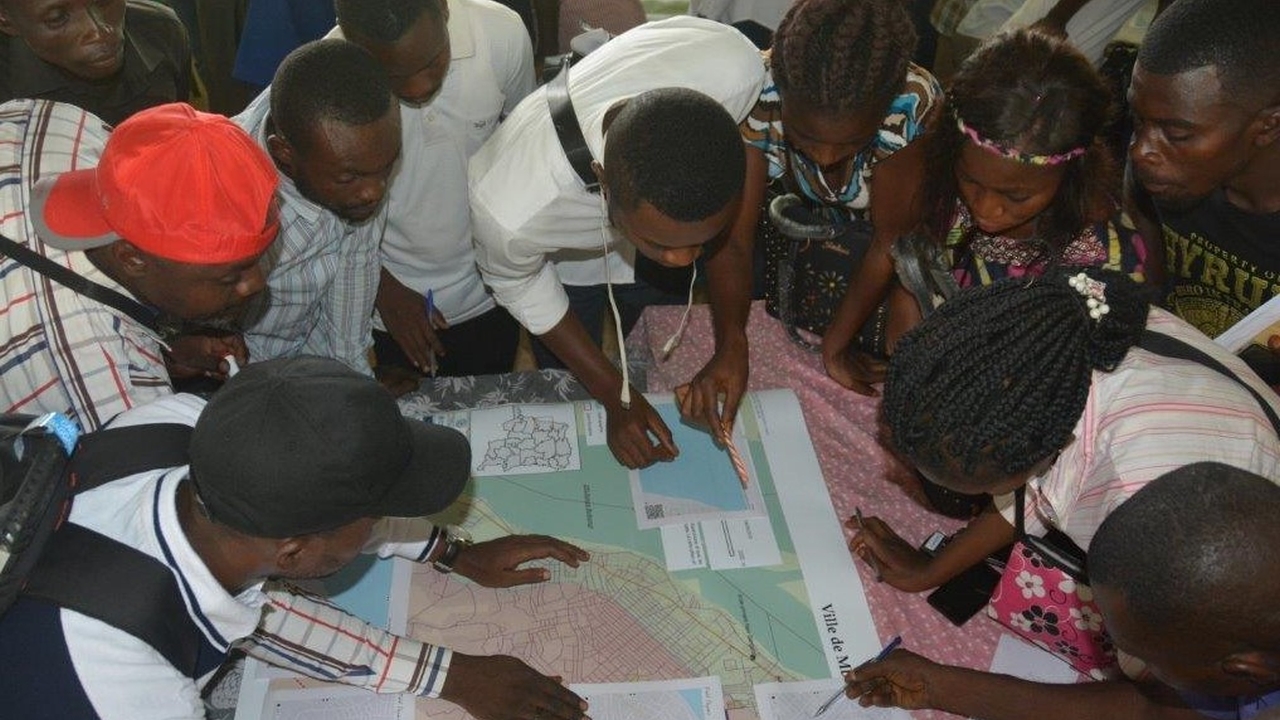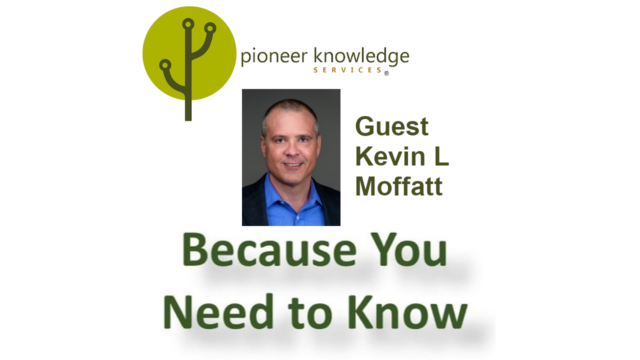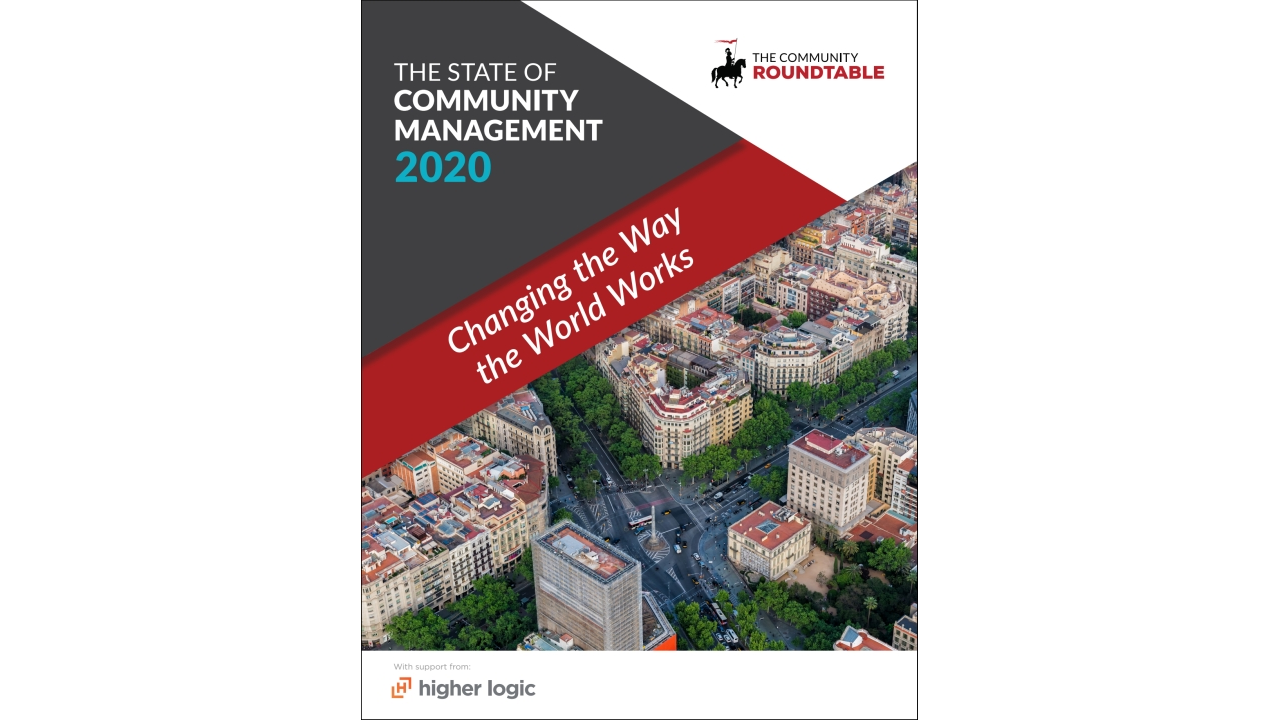
Strategies and recommendations for bringing knowledge from research into policy – lessons from public health
As part of a recent RealKM Magazine article discussing leadership competencies for knowledge translation in public health, we reported that the large majority of global biomedical research investment hasn’t been flowing through to beneficial outcomes. This is a highly disturbing finding, especially given that the current COVID-19 pandemic has so far killed more than 5 million people1.
A new policy brief2 from the Swiss Programme for Research on Global Issues for Development (r4d programme) provides further assistance to both researchers and policymakers in bridging the research to action gap. The policy brief puts forward three strategies and five recommendations for bringing knowledge from research into policy, drawing on lessons from five public health projects. Challenges to research uptake in health policy are also identified.
The five public health projects were all conducted in low- and middle-income countries in the Global South. This offers the additional opportunity for decolonisation of knowledge insights in regard to both engaging Global South communities in global decision-making and validating local knowledge and epistemologies in that decision-making.
STRATEGIES. The three different strategies facilitate collaboration and communication between stakeholders, including policy-makers and practitioners:
- STRATEGY 1: Stakeholders directly engage with and seek evidence from researchers. The International AIDS Society (IAS) and the World Health Organization (WHO) used the results of a clinical trial in Lesotho to update their global guidelines for HIV therapy. The trial was testing an innovative approach to deliver same-day antiretroviral treatment for HIV.
- STRATEGY 2: Different stakeholders are involved in the design phase and throughout implementation of the project. In two different r4d projects, stakeholders from varied levels of government, non-governmental organizations and private industry were included in discussions during workshops and meetings, facilitating the project design, its implementation, dissemination and uptake of the research results. One r4d project was carried out in Ghana and Tanzania, and the other in Burkina Faso, Mozambique, and Tanzania.
- STRATEGY 3: A participatory and transdisciplinary research approach is used and researchers, affected communities, practitioners and policy-makers co-produce knowledge and inform policy. Two projects used this third strategy that involved co-creating projects using a participatory approach in which policy stakeholders and practitioners were part of the research and implementation team, developing research questions and implementing interventions together with the researchers. One project was carried out in Maya communities in Guatemala with two parallel medical systems: modern western and traditional Maya medicine. The second was carried out in Mozambique, Nepal and Peru.
RECOMMENDATIONS. Based on these findings, the policy brief authors advise that it is of key importance to:
- Involve relevant stakeholders such as policy-makers, practitioners or civil society at all stages of research, from the formulation of the research project to its implementation
- Establish and maintain regular platforms of exchange between relevant stakeholders
- Emphasize and establish research dissemination products for uptake by policy-makers and regulators
- Raise awareness about planned research to attract stakeholder involvement
- Promote co-creation, equal and sustainable partnerships through a transdisciplinary and participatory research approach.
CHALLENGES TO RESEARCH UPTAKE IN HEALTH POLICY, identified by r4d researchers:
- Substantial amount of time required of researchers for results translation and to develop policy and advocacy products for different audiences
- Question of representativeness of individual studies in case they are not scaled up or national-level studies, which means they may be highly context specific
- Frequent changes of governmental staff hinder collaboration and uptake – this requires extra time and effort to establish relationships of trust and to maintain a continuous exchange
- Diverging interests between researchers, researcher funding bodies and stakeholders (e.g. project timeframe may be insufficient to actually lead to policy changes, researchers not having the necessary skills to influence policy or advocate for change etc.).
Acknowledgements: With thanks to Dr Sarah Cummings on Twitter for bringing this valuable policy brief to the attention of RealKM Magazine.
Header image source: © WHO / Eugene Kabambi.
References:
- Worldometers, 7 November 2021. ↩
- Palmeirim, M., Prytherch, H., & Wyss, K. (2021, October). How to bring evidence from research into policy? Lessons from five global public health projects. Swiss Programme for Research on Global Issues for Development (r4d programme), Policy Brief no. 5. ↩
Also published on Medium.






